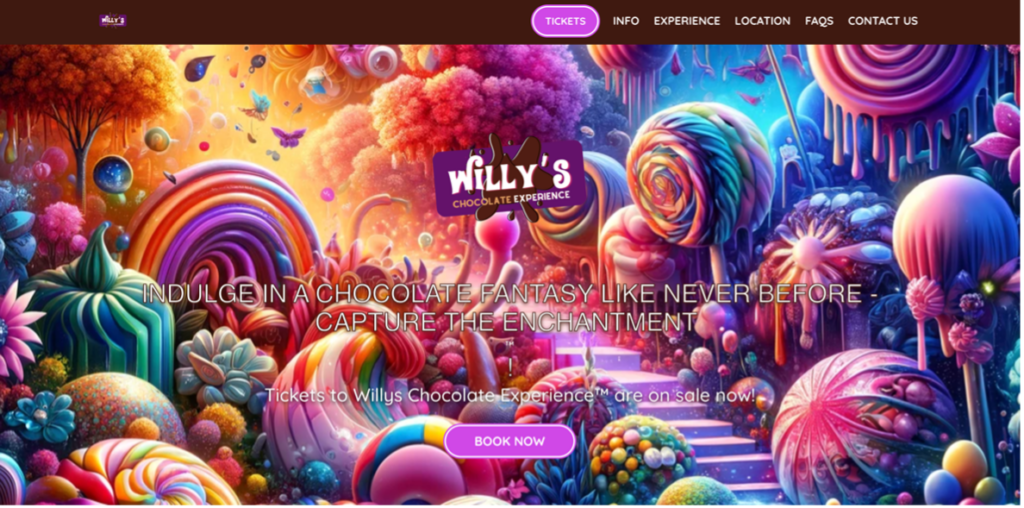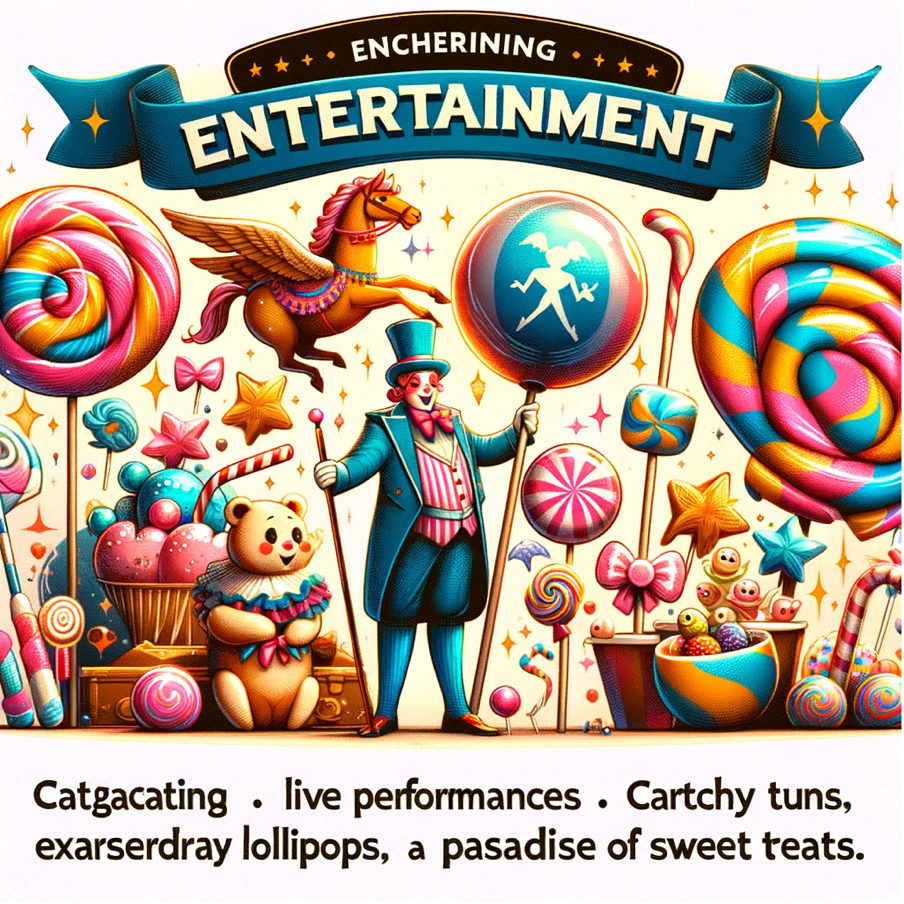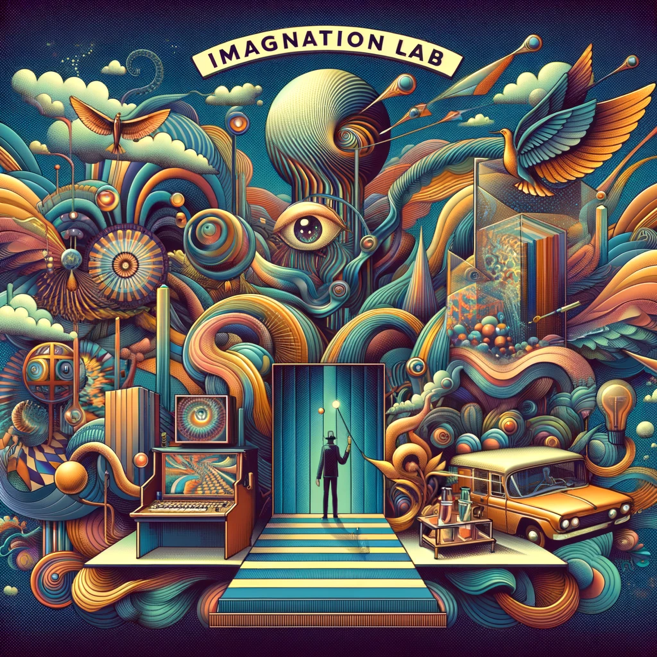
CURA Strategies is an agency exclusively partnering with health care-related clients, but we couldn’t pass up an opportunity to cover the viral and disastrous Willy-Wonka-Themed debacle. While we are confident that AI will revolutionize the future of our industry, we also know that human impact cannot be replicated—and this complete failure of an event is the perfect case study.
Mistakes serve as useful learning opportunities not only for those accountable, but also for all who witness them. A not-so-sweet fiasco growing increasingly viral online serves as a strong case study on what not to do in marketing and event planning. The infamous incident features deceptive marketing, ineffective event planning and artificial intelligence (AI) use gone terribly wrong. For those not already familiar with “Willy’s Chocolate Experience,” a stunning tragicomedy of errors, here’s a summary:
- People in Glasgow, Scotland paid roughly $44 per golden ticket for entry to an event marketed as a Willy Wonka-themed, immersive family extravaganza that yielded children’s tears and parents’ yells, with some even calling the police.
- While its marketing promised “optical marvels,” “extraordinary props” and “immersive delights” in a “whimsical chocolate wonderland,” the event took place at a minimally decorated warehouse with no chocolate in the vicinity. Children were each given 1-2 jellybeans (a lucky few also received a lollipop) and a quarter-cup of lemonade or limeade.
- The event’s creative—including characters’ scripts and marketing assets riddled with bizarre typos (see below)—was ideated almost entirely by AI.



Photo credit: Images via willyschocolateexperience.com
- The event’s main character was referred to as “Willy McDuff and the Oompa-Loompa-like characters as “Wonkidoodles,” while a bizarre, unsettling villain called “The Unknown” (uncannily reminiscent of “Death Eaters” from Harry Potter) jumped out and horrified children in a creative vision that decidedly did not resonate with its audience.
- Event actors cite such issues as having received their AI-generated scripts the day prior, being provided with cheap costumes and being unsure if they’ll ever get paid for their work.
This tale is brimming not only with chaos, irony and woe, but also crucial takeaways that underscore principles of our work here at CURA Strategies:
- AI is not a replacement for creative design and must always be used responsibly, transparently and vetted closely. The best creative vision comes from people. While AI can help with aspects like organizing and synthesizing information, among many other use cases, an overreliance on it creatively can lead to a low-quality product—or, in this extreme case, calls to the police. AI outputs must always be closely vetted by a human eye and edited thoroughly, with a high emphasis on quality control. Think of AI as something that can augment the human touch, not replace it.
- Always focus on resonating with your audience. Whether creating an event or a story, you must know your audience so that the experience can be tailored to fit what they need and want. A lack of careful planning and audience prioritization can lead to wasted effort and an apathetic or unhappy participant who, at best, moves on and forgets your key message, and, at worst, no longer wants to engage with your company or brand.
- Plan thoroughly and prepare for obstacles. When planning an event, it’s essential to budget appropriately, allocating enough resources to satisfy guests and manage a multitude of vendors (talent, logistics, signage, etc.) in an organized fashion. Tools like budget trackers, timelines and “run of show” documents are essential to pulling off a large-scale event without a hitch.
- Good advertising is honest advertising. Promising one thing and delivering something entirely alienates your audience and diminishes trust. Marketing an event excessively without following through—such as promising “a celebration of chocolate in all its delightful forms,” then providing a swig of lemonade and a jellybean—is a surefire way to aggravate attendees and threaten your brand’s reputation. And considering the digitally driven world of online reviews for businesses, people are likely to take dissatisfaction to the keyboard, especially if your marketing is perceived as deceptive.
- Set measurable goals and hold yourself to them: By mapping out what you want to achieve and how you’ll achieve it at the outset of your planning process, you set your team up for success. Your goals should be clear, measurable and milestone-driven. These can be quantitative goals, such as ticket sales, or qualitative, such as the event building brand awareness with a target audience or gaining meaningful insights for future programming. Planning out metrics in advance to ensure strategy and tactics align is your golden ticket to success.
It’s clear that Willy’s Chocolate Experience provided neither organizers nor attendees with the results they’d expected. Using AI as a creative generator created absurd outputs and unrealistic expectations that set this event up for failure. While children not getting what they expect may fit well with the theme of the original Willy Wonka film, angry mobs making staff cry at this event took it to a new extreme. On the bright side, it could have gone far worse—nobody turned into a blueberry, as far as we know, and this serves as a teachable moment for best practices in event management, AI use and strategic communication.

Diana Pressey
Senior Account Executive
CURA Strategies
